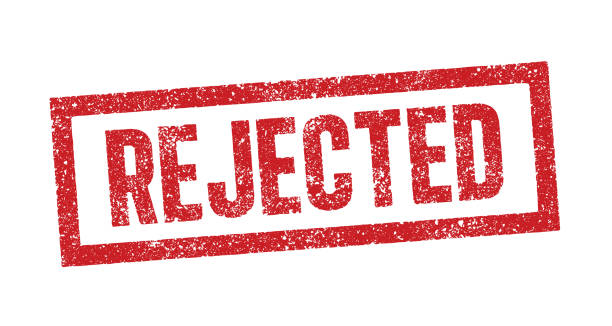Related Articles
Seattle - A new study released today by the Washington Institute Foundation finds that a proposed single-payer health care plan would lead to higher taxes, a vastly expanded state government and an end to private health insurance.
The study, "The Single-Payer Health Care Proposal, A Guide to Initiative 245," is the first independent, in-depth analysis of the sweeping changes the plan would bring to the way Washingtonians receive and pay for health care.
Single-payer supporters are working to collect 180,000 signatures so they can present the initiative to the legislature when it meets in January. The legislature must then either make the proposal law, or put it before voters on the November 2001 ballot.
The plan would be funded by a new tax of 6% to 12% levied on the payrolls of Washington businesses. The tax rate increases with the size of the firm. In addition, four new tax brackets would be created for individuals. The typical family of four would pay $1,800 a year, plus up to $500 a year in co-payments.
The initiative calls for the creation of a central data bank containing the medical records of all state residents. As many as twenty federal waivers would be needed to move residents out of existing federally-funded programs and in to the state plan.
In its analysis the Washington Institute study found that:
Government workers pay no tax. State and local government employee would not pay the health care tax, which would be paid for them by their employers.
Taxes without benefits. The government would start collecting a 3.2% payroll tax three months before benefits are available, meaning employers will have to pay for worker health coverage twice during that period.
Expanded state control. The initiative would bring approximately one-seventh of the economy under state control.
Ending private insurance. Initiative supporters envision phasing out the private insurance industry. As they put it, once their plan is in place, "there won't be much of a market for private insurance in Washington."
Evading 601. Initiative 245 would create a new entitlement. Revenues for the $10 billion-a-year program would go a special treasury account, bypassing the legislature and evading Initiative 601's annual spending limits.
Paying but not eligible. Residents of Oregon and Idaho who work in Washington would pay into the system through their employers' payroll taxes, but they will not be eligible to receive benefits.
"So far this has been a 'sleeper' issue," said study author Paul Guppy, who is the Foundation's Vice President for Research. "Most people don't yet realize how complex and expensive a single-payer health system would be, or that they stand to lose the private health insurance they already have."




